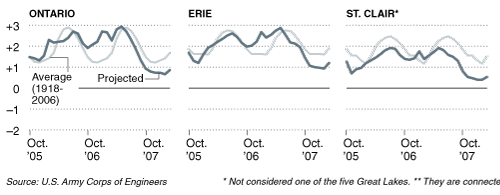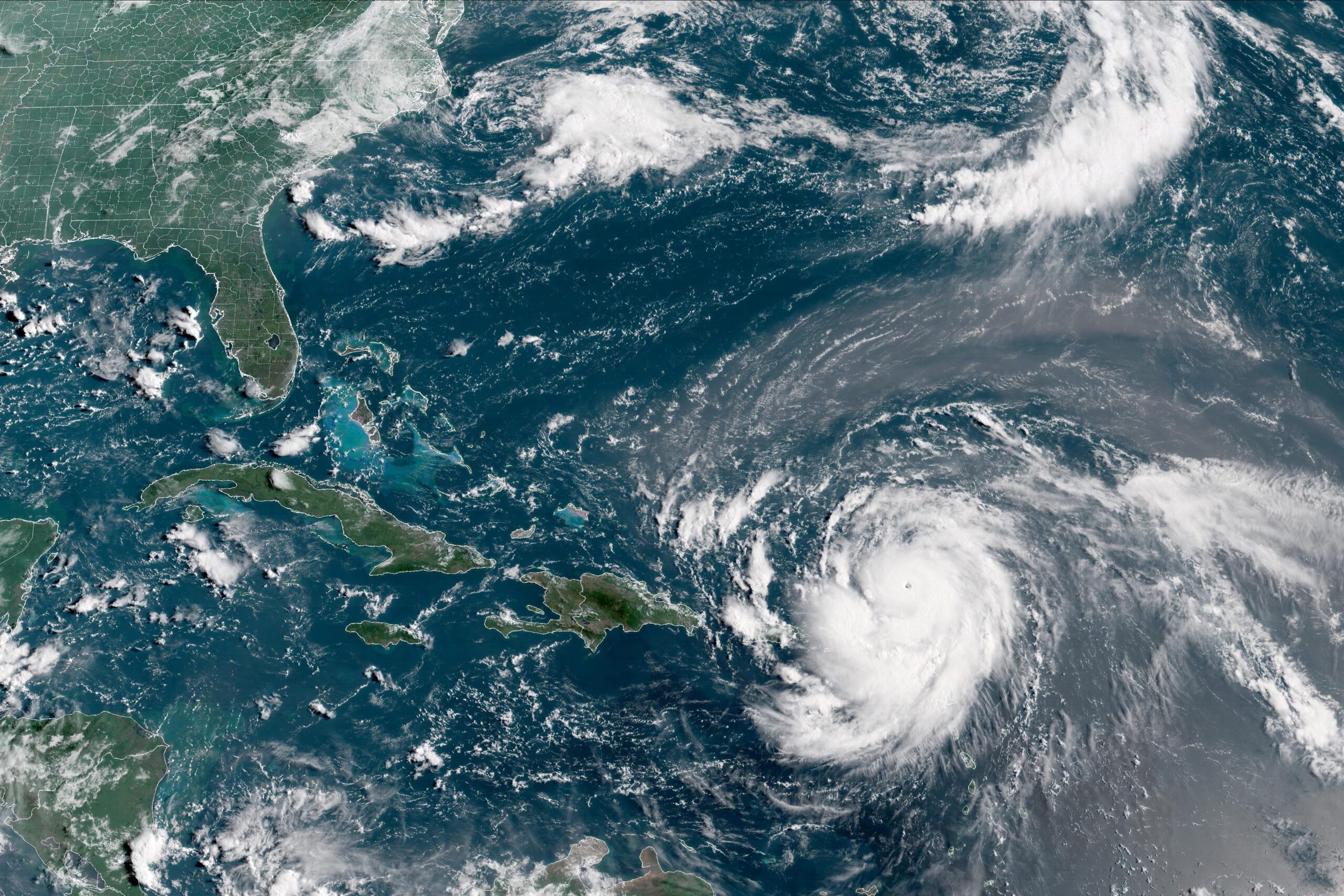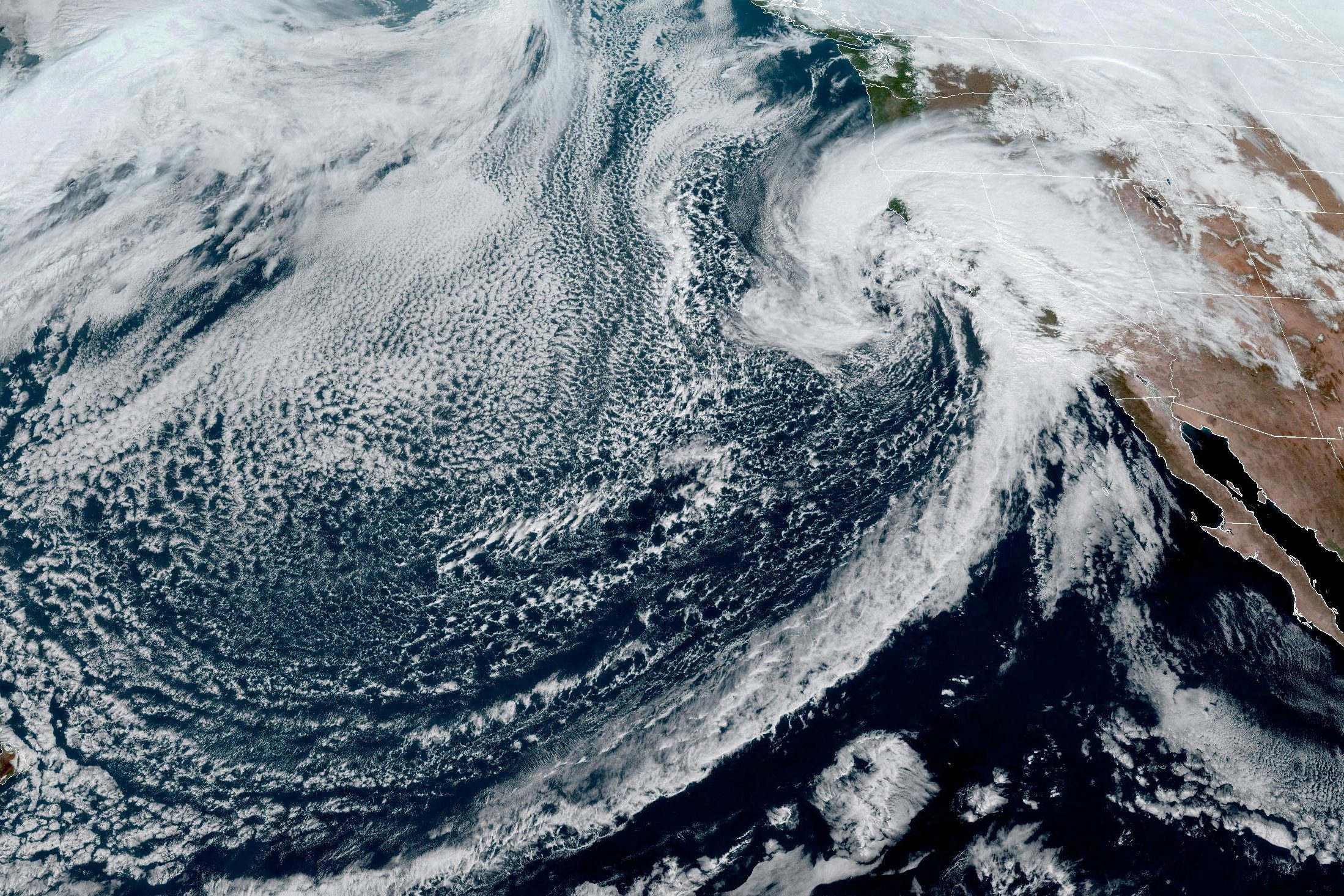
Photo By James Rajotte for The New York Times
The New York Times has an interesting article on the desperate situation in the Great Lakes. Rainfall shortages have caused unusually declining water levels in the countries largest lakes. Low levels are bad news for ships designed and built with a draft meeting operational needs and having tight Under Keel Clearances. The problem is causing each ship to take on less cargo thus increasing the number of ships needed to satisfy the regions transportation need.
The NYTimes continues;
“What we need is some rain,” said Mr. Daniels, director of the Port of Oswego Authority, one of a dozen public port agencies on the United States side of the Great Lakes. “The more we lose water, the less cargo the ships that travel in the Great Lakes can carry, and each time that happens, shipping companies lose money,” he said. “Ultimately, it’s people like you and I who are going to pay the price.”
Water levels in the Great Lakes are falling; Lake Ontario, for example, is about seven inches below where it was a year ago. And for every inch of water that the lakes lose, the ships that ferry bulk materials across them must lighten their loads by 270 tons — or 540,000 pounds — or risk running aground, according to the Lake Carriers’ Association, a trade group for United States-flag cargo companies.
As a result, more ships are needed, adding millions of dollars to shipping companies’ operating costs, experts in maritime commerce estimate.
“When a ship leaves a dock, and it’s not filled to capacity, it’s the same as a plane leaving an airport with empty seats: It cuts into their earning capacity,” said Richard D. Stewart, a co-director of the Transportation and Logistics Research Center at the University of Wisconsin-Superior.
“Because it’s mostly raw materials we’re talking about, the average consumer may see an increase in pennies in the price they pay for, say, a new car or washing machine,” Dr. Stewart said. For major manufacturers or firms managing big projects, however, the increase in transportation costs “is much more significant,” he said. Continue Reading…
The upside for us mariners could possible be more jobs the downside… increased pressure on the Jones Act.


 Join The Club
Join The Club












